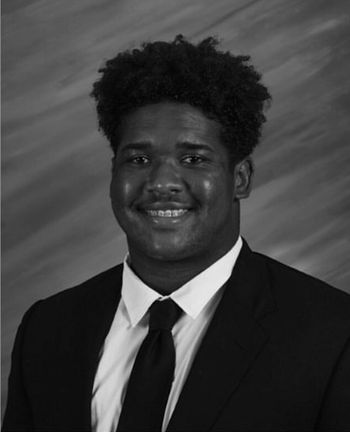CSULB prof celebrates course enrollment being '100% students of color'
California State University, Long Beach Journalism Professor Jesus Ayala recently celebrated the fact that the students enrolled in his fall 2024 journalism course were '100% students of color.'
The university featured a December article on Ayala’s work and shared his comments about his Journalism 482 course on LinkedIn.
California State University, Long Beach (CSULB) Journalism Professor Jesus Ayala recently celebrated the fact that the students enrolled in his fall 2024 journalism course were “100% students of color.”
The university featured a December article on Ayala’s work and shared his comments about his Journalism 482 course.
“100% of the students enrolled in JOUR 482 in fall 2024 are students of color,” Ayala is quoted as saying. “In order to diversify TV newsrooms, we need to diversify newsroom pipelines. This is what makes [Beach TV News] special.”
The university’s official LinkedIn account also shared Ayala’s quote and a link to the article with its nearly 300,000 followers.
The broadcast program is intended to boost diversity in the newsroom pipeline as news media “becoming less diverse,” according to the university.
Ayala, who has won multiple Emmy Awards, is “one of the most distinguished and decorated broadcast journalism professors in the country,” according to his university biography.
“Prof. Ayala teaches courses in both English and Spanish and specializes in broadcast journalism, field producing, multimedia production, international reporting and reporting about race and ethnicity,” the web page reads. “In 2008, he covered Barack Obama’s historic presidential campaign as a white house [sic] pool producer.”
The CSULB broadcast program aligns with the university’s broader Diversity, Equity, and Inclusion (DEI) goals,
In August 2020, CSULB President Jane Close Conoley delivered the “Black Lives Matter President’s Equity and Action Report and communicated to campus our critical mandate to diversify our faculty, staff, and student body and ensure equitable opportunities for all faculty, staff, and students.”
“At that time, we had embraced the Framework for Reconciliation in Long Beach and I met with several groups of Black and African American campus and community constituents to begin a much more focused process of acknowledging the existence and longstanding impacts of systemic racism, especially anti-Blackness, listening to accounts and experiences of racial injustice, inequity or harm to community members, convening stakeholders to shape reform, and catalyzing action in the short-term, medium-term and long-term,” Conoley also writes on the university’s website.
Despite the university’s DEI goals, California public institutions are still required to comply with Proposition 209, which prohibits state actors from discriminating and granting “preferential treatment to, any individual or group on the basis of race, sex, color, ethnicity, or national origin in the operation of public employment, public education, or public contracting.”
Campus Reform has reached out to Professor Ayala and CSULB for comment. This article will be updated accordingly.

